Rwanda Commemorates the International Day for Biosphere Reserves: A Call for Sustainable Solutions
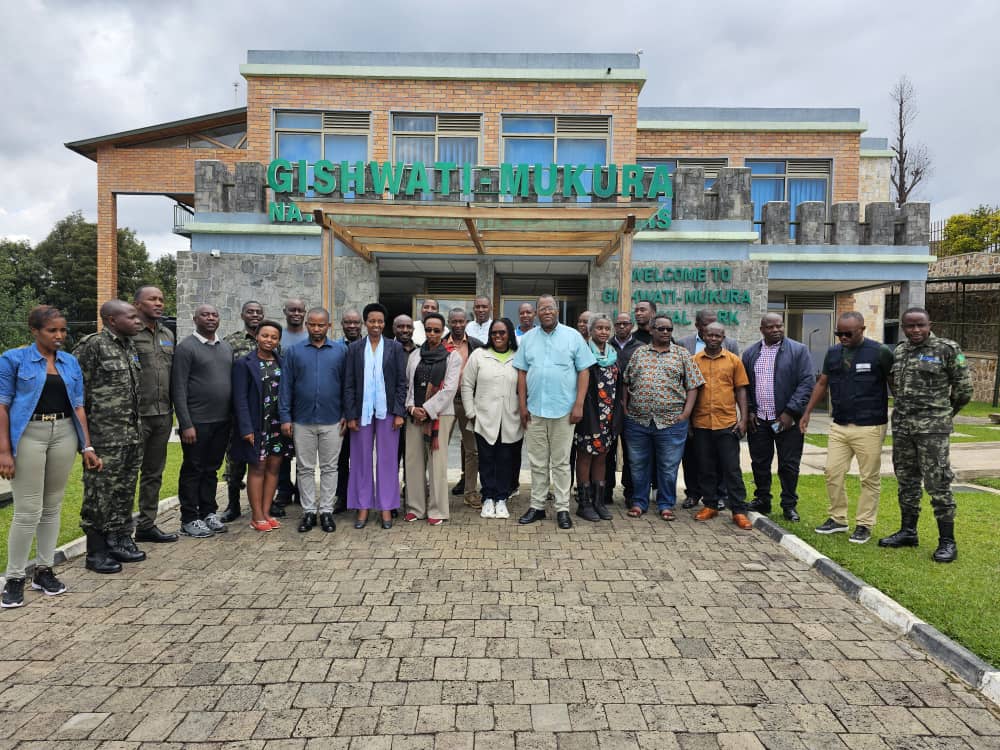
Rwanda has joined the global community in celebrating the International Day for Biosphere Reserves for the third consecutive time. This year’s celebration spans four days and takes the form of a scientific workshop, bringing together various stakeholders in the biosphere reserve sector. The event is taking place at the Gishwati-Mukura Headquarters in Rutsiro District, located in the northwestern part of the country.
The theme for this year is “Building Pathways to Sustainable Solutions,” reflecting the growing strain on the relationship between humanity and the environment due to economic activities and lifestyles that contribute to critical global challenges. The primary goal of the International Day for Biosphere Reserves is to serve as an annual reminder to the global population about the importance of sustainable development in modern life, while also acknowledging the vital roles that biosphere reserves play for all of humanity.
“On this day, we celebrate the potential of Biosphere Reserves to tackle the great challenge of our times: making peace with the natural world. In this respect, biosphere reserves have much to offer. the rapid growth of the world network-with 21 new reserves in the past two years alone- testifies to the growing awareness that our future depends upon reconciling our lifestyles with greater respect for nature.”- stated Ms. Audrey Azoulay, Director-General of UNESCO.

Gishwati-Mukura National Park, designated as a biosphere reserve in 2020, exemplifies the balance between human activity and nature conservation. However, the park has faced extensive deforestation, resulting in a drastic decline in biodiversity over the past 50 years due to the establishment of large cattle ranches and the resettlement of refugees. The decline included a 99.7% reduction in faunal species, a 93.3% decrease in wild fruits, and a 99.6% loss of wild vegetation. Efforts are underway to rehabilitate this area and align the needs of local communities with the conservation of this ecologically sensitive zone.
Turikunkiko Ezechiel, a researcher focused on biodiversity in the Gishwati-Mukura Biosphere Reserve, expressed hope that the surrounding communities will find ways to coexist harmoniously with the wildlife in the park. “We aim to discover solutions that promote sustainable development while improving biodiversity and considering the well-being of the inhabitants of the Gishwati-Mukura Biosphere Reserve. As this is a new biosphere reserve, further solutions are essential,” he explained.
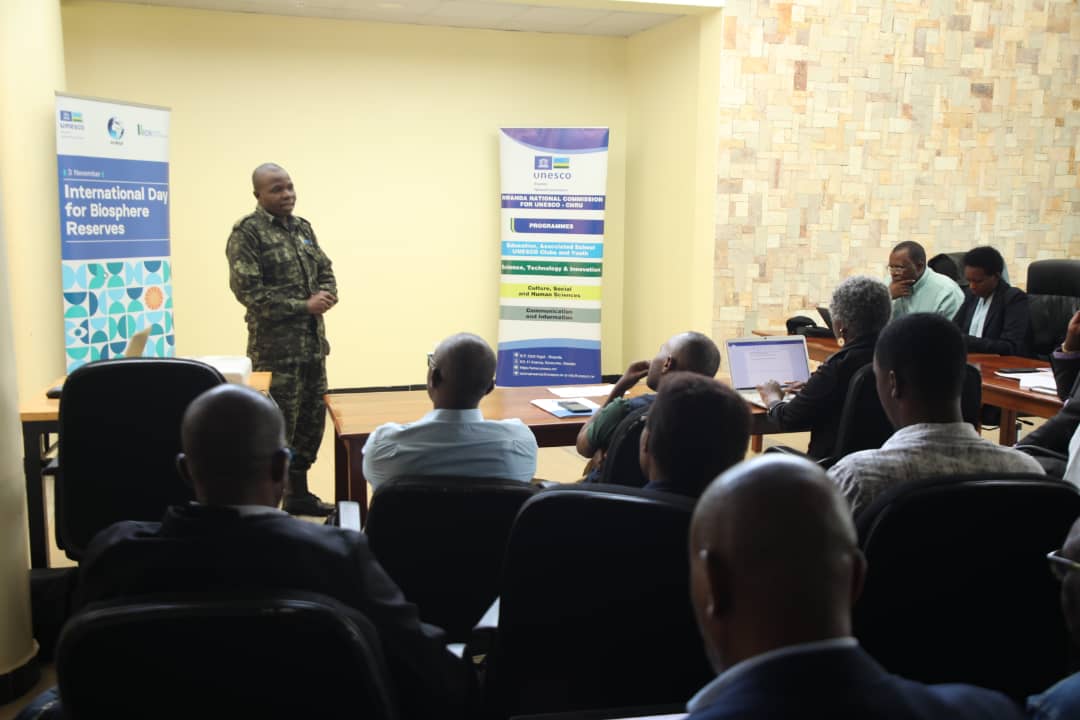
Ms. Dative Kayitesi, Mayor of Rutsiro District, shared insights into past challenges when large portions of the forest were cut down, leading to severe diseases caused by flies, such as cholera. However, after restoring the forest, health conditions improved significantly. “This experience taught them the importance of protecting the park,” she noted. “Many have come to understand its significance and are participating in its preservation. While some poachers still exist, their numbers have dwindled. The local community appreciates the visits from people worldwide and the knowledge they gain from our conservation efforts. From 2019 to 2024, Rutsiro has received over 800 million Rwandan francs directed towards projects that benefit the community, including housing, access to clean water and electricity, and cooperative initiatives in beekeeping and dairy farming.”
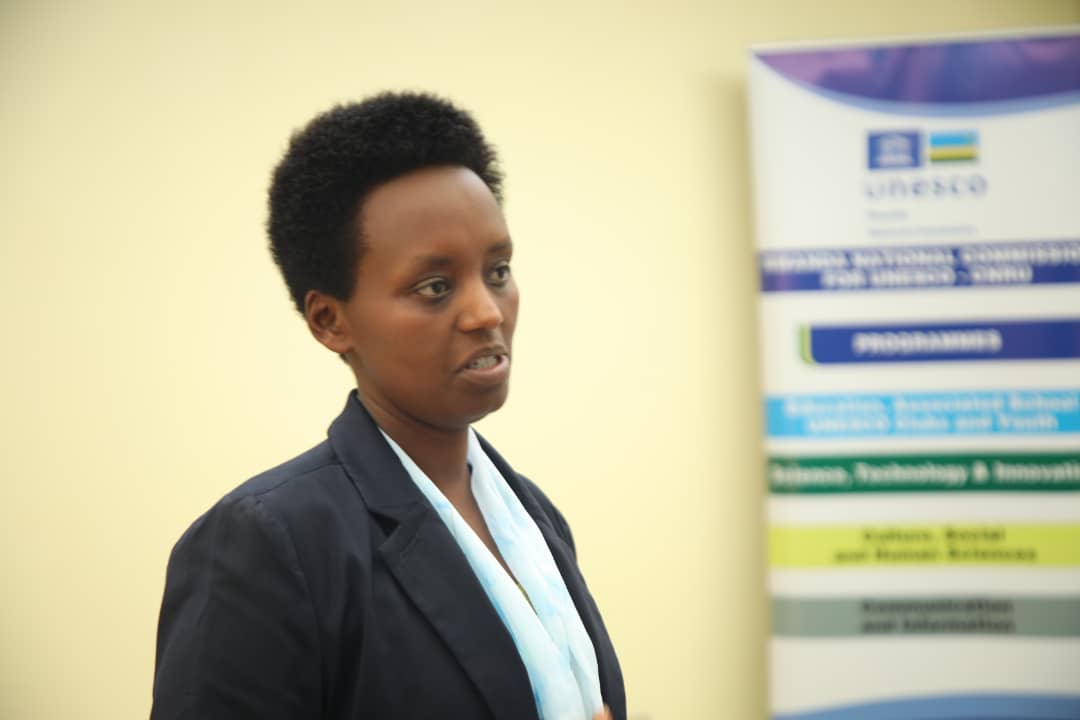
Ms. Marie Christine Gasingirwa, PhD, Chairperson-General Assembly, UNESCO Rwanda National Commission (CNRU) emphasized three aspects crucial for environmental preservation, including biosphere reserves: a shared language, culture, education and knowledge. She also highlighted the importance of decentralization, noting that approaches to address local issues must be adapted based on specific contexts, as the challenges faced in Gishwati-Mukura differ from those in Kirehe District.
“As Rwandans, we must come together to identify our problems and devise solutions. It is a great honor to collaborate and find answers. We must remain responsible and respect our culture, which is our foundation. Research can help us address the issues we face. Let’s draw from our history to build our nation. The youth should engage in cultural studies and foster a love for reading and writing. We should strive for bold aspirations, even when facing misunderstanding or lack of support; ultimately, it will all make sense,” she added.
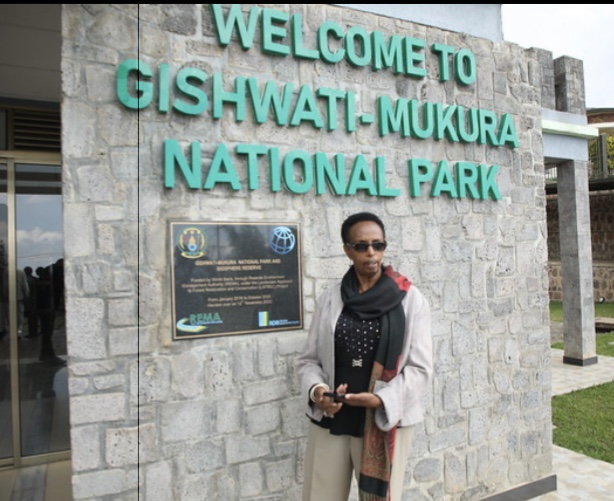
Eng. Telesphore Ngoga, Conservation Analyst, Chairperson-AfriMAB (African Network of Biosphere Reserves), Rwanda Development Board (RDB); underscored the necessity of protecting nature for human survival: “Nature can exist without humans, but we cannot exist without it. We cannot build our future while disregarding nature, as destruction leads to diseases like Marburg and COVID-19.”
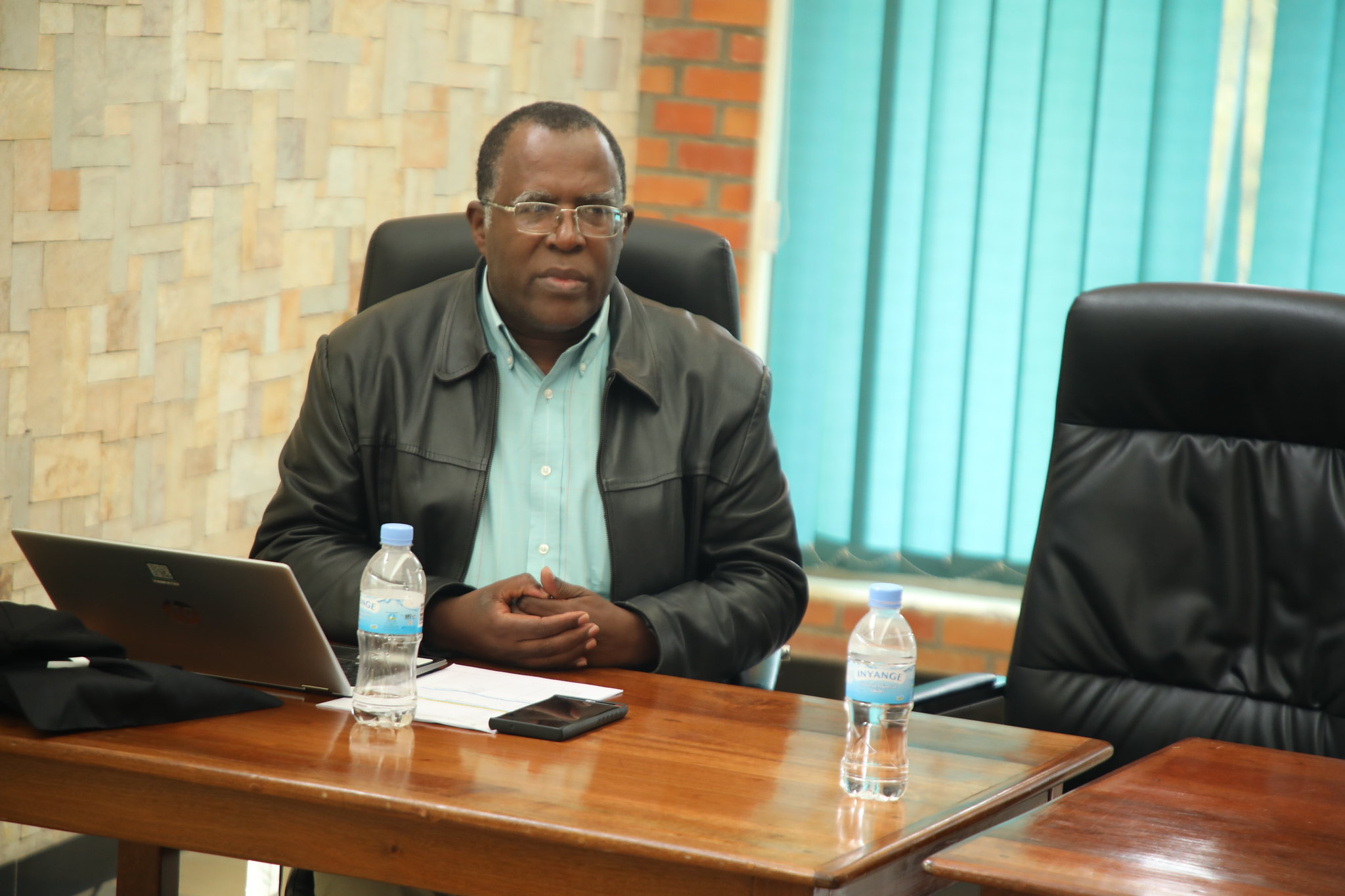
Rwanda is currently home to two Biosphere Reserves, with many more areas poised for designation. The Volcanoes Biosphere Reserve (VBR), established in 1983, encompasses Africa’s oldest national park, the Volcanoes National Park, with its five significant volcanoes: Karisimbi, Muhabura, Bisoke, Sabyinyo, and Gahinga. This reserve covers 160 km of diverse ecosystems, housing 30% of the world’s mountain gorillas and displaying a wealth of biodiversity with 245 documented plant species and 115 mammal species.
The Gishwati-Mukura Biosphere Reserve (GMLBR), spanning 79,926 hectares in Western Rwanda, comprises the Gishwati and Mukura forests and serves as a vital biodiversity hotspot within the Albertine Rift. It is home to several endangered and endemic species, including the Eastern Chimpanzee and the Golden Monkey, as well as a variety of bat species and three bryophyte species exclusive to Gishwati Forest. With a total population of 386,152, Gishwati-Mukura’s surrounding areas, including Rutsiro with its 220,211 residents, have seen an investment of 838,257,869 Rwf in diverse projects over the past five years. These initiatives include housing, schools, cooperatives, crafts, mining, and agricultural assistance.
While some wildlife from Gishwati-Mukura has been known to prey on livestock, leading to more than 300 reported livestock deaths from 2019 to 2023, the ongoing dialogue around biosphere reserves underscores their significance for education, research, and improving the relationship between people and the environment.
Recognized by UNESCO, biosphere reserves encompass three essential areas with varying levels of human activity: a Core Area that is strictly protected, a Buffer Zone that allows limited human activity to aid conservation efforts, and a Transition Area known for cooperation among stakeholders.
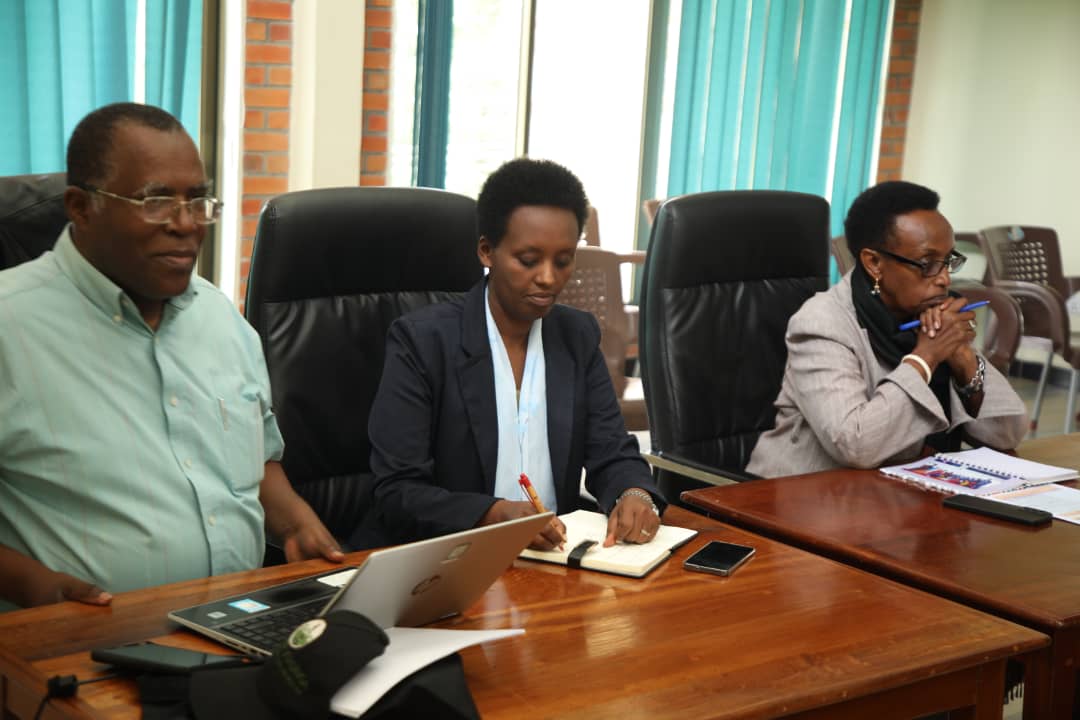
Launched in 1971, UNESCO’s “Man and the Biosphere” (MAB) program encourages interdisciplinary research and sustainable management practices, emphasizing ecological respect and cultural awareness through community involvement and scientific approaches. Biosphere reserves are ideal testing grounds for harmonizing social and economic development needs with environmental protection objectives.
Other pictures:
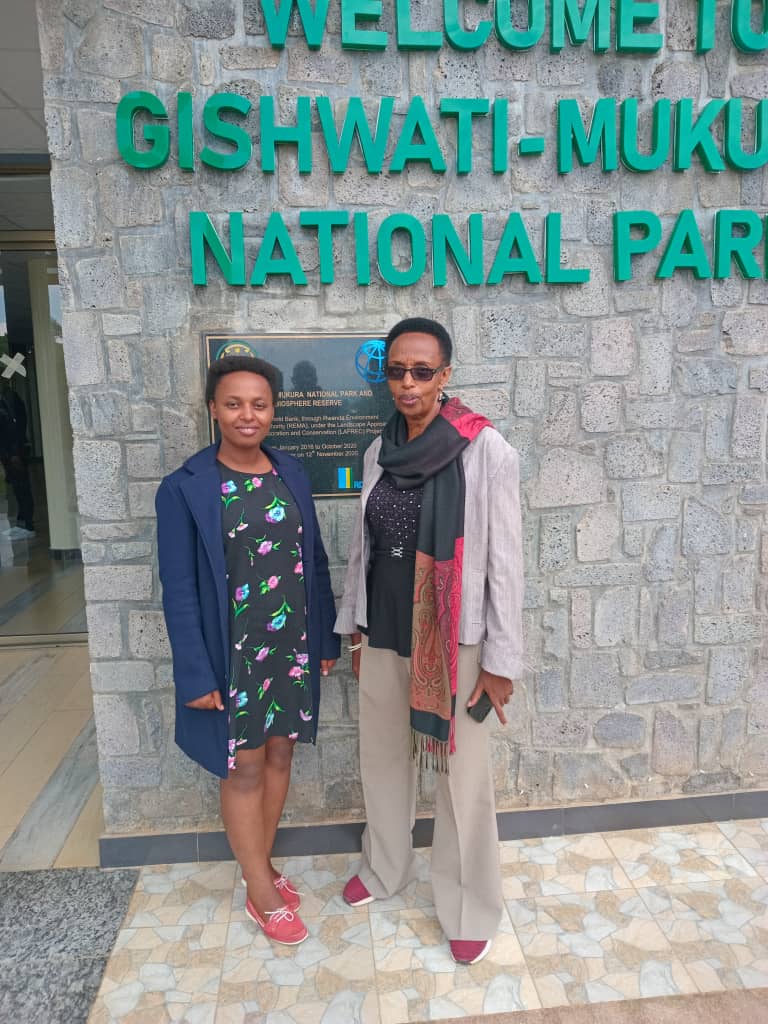
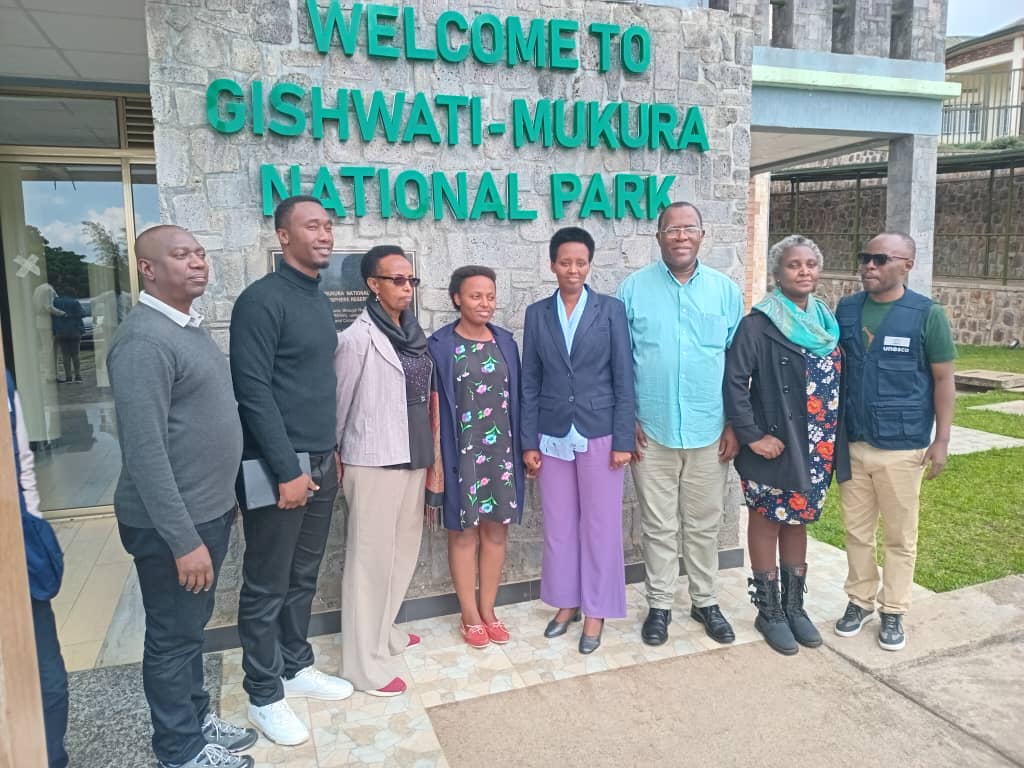
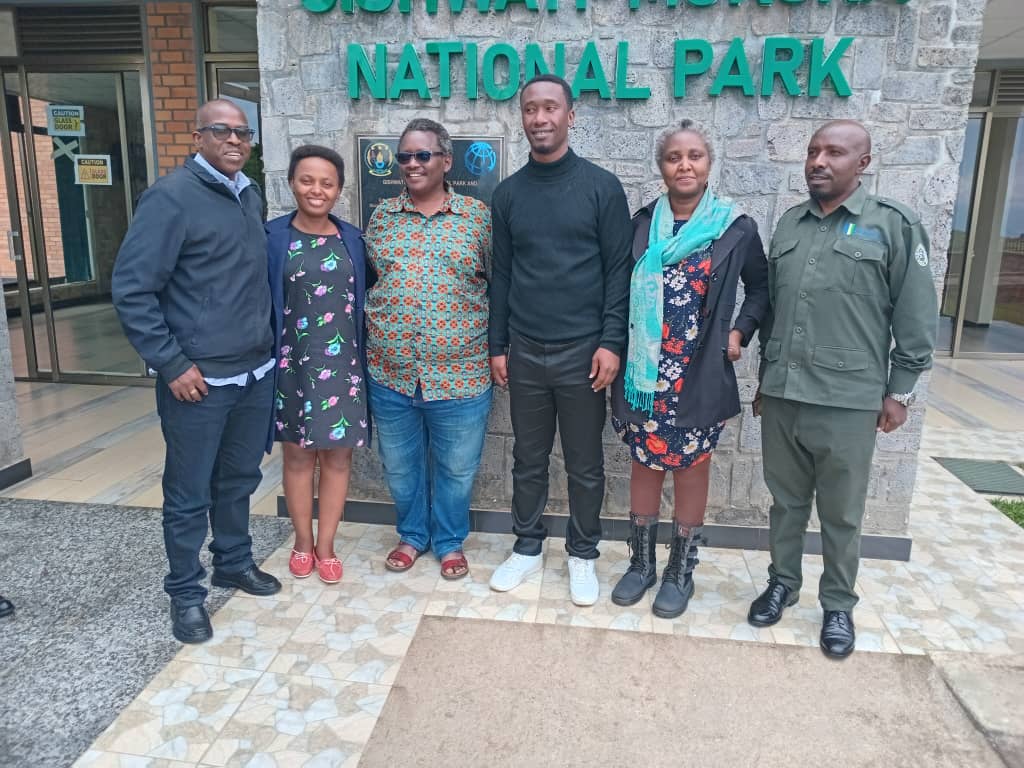
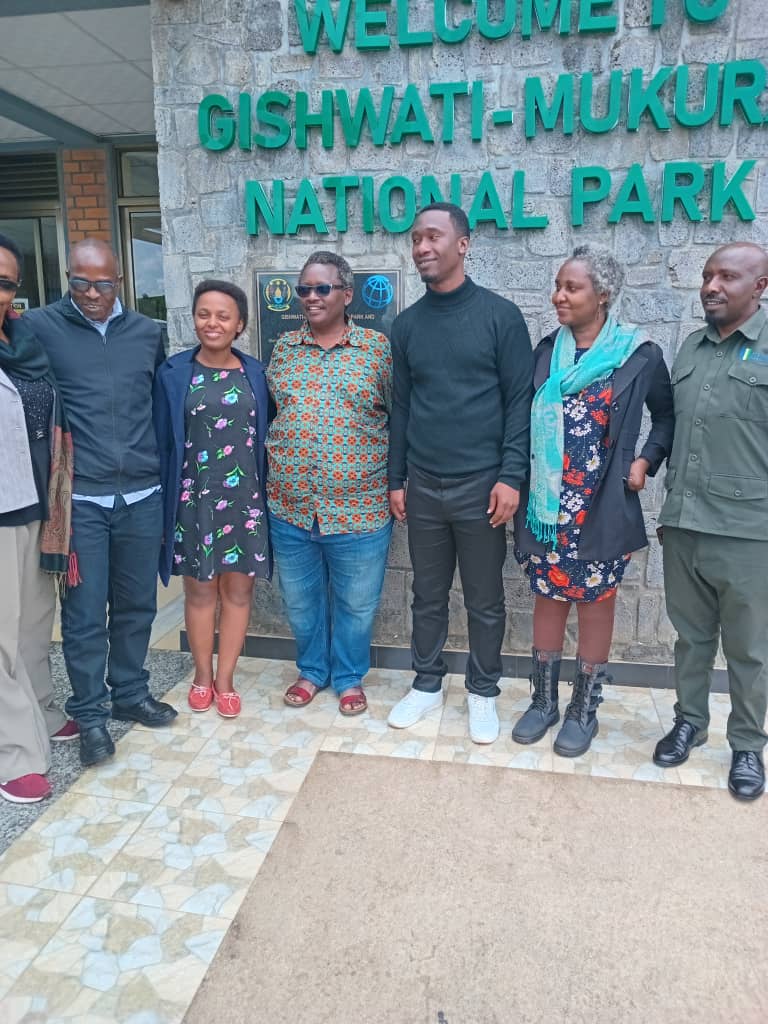
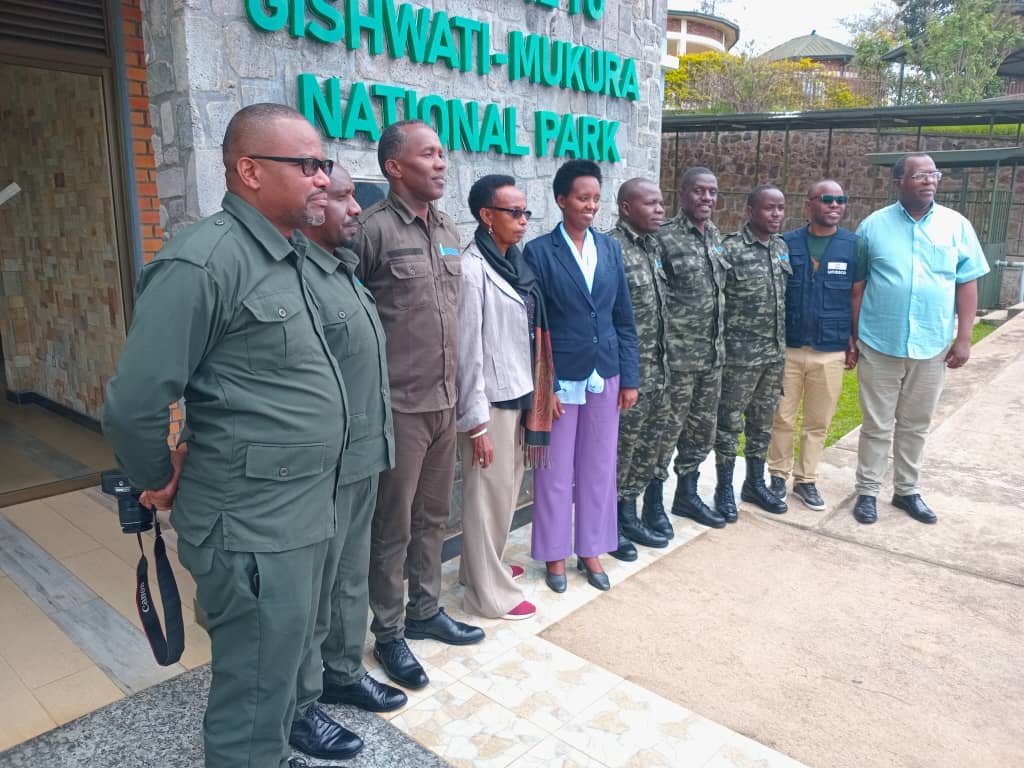
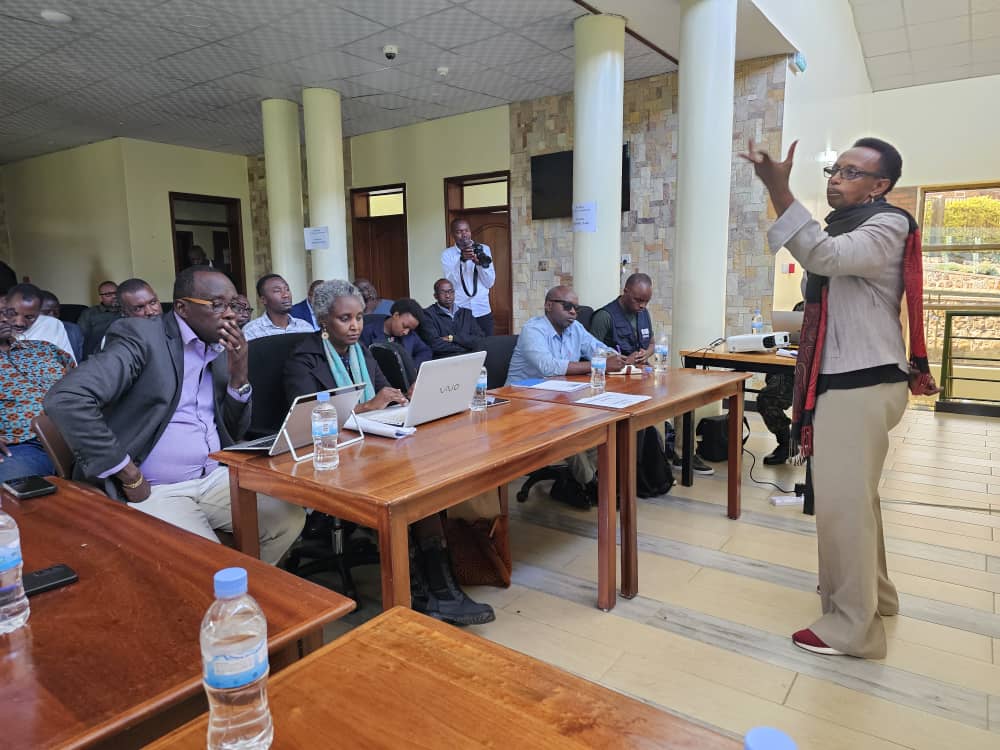
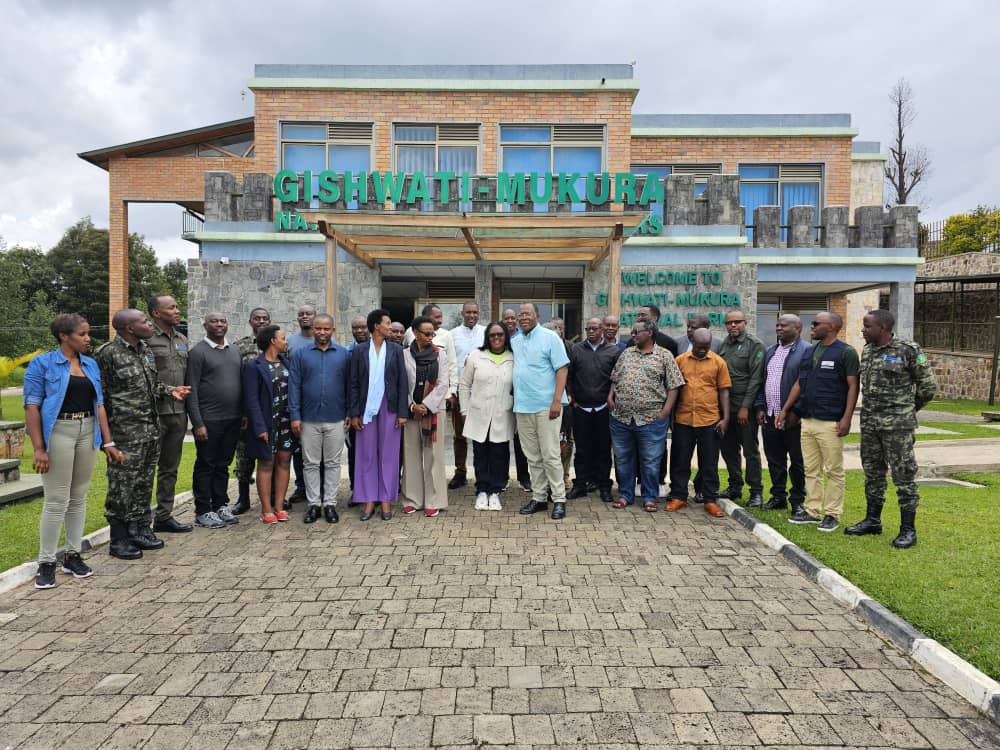
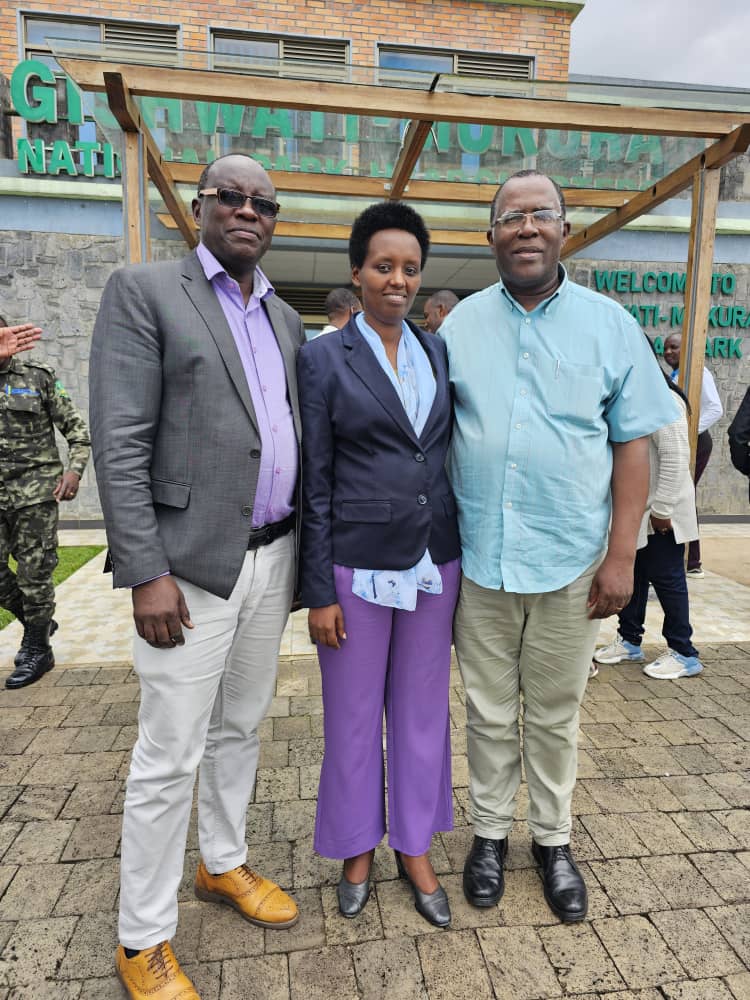
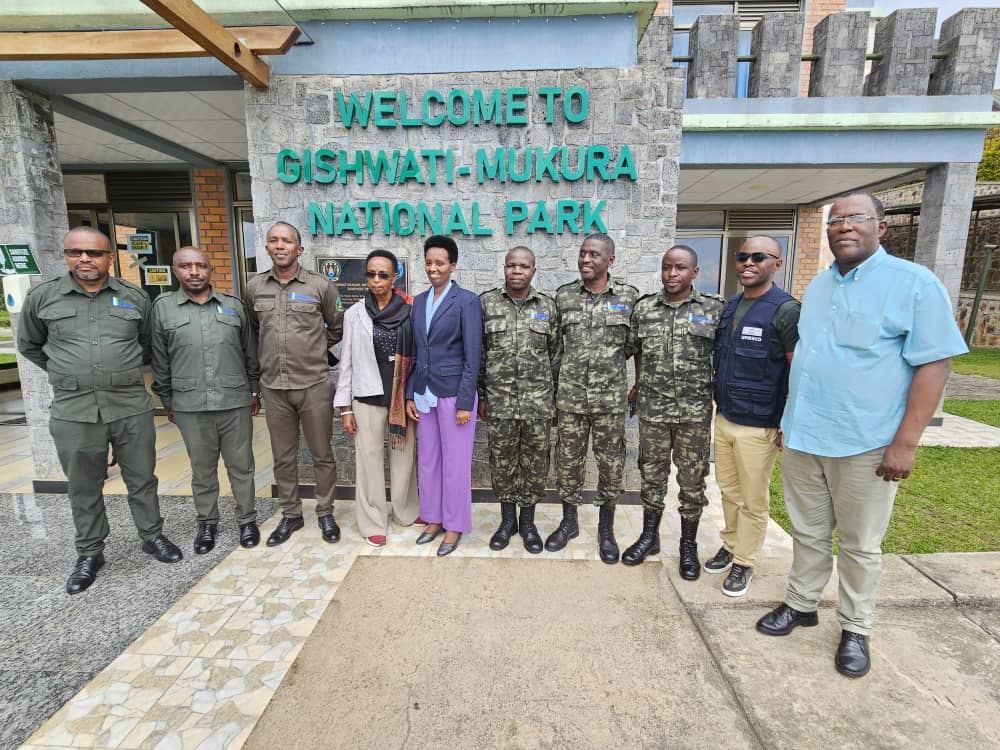
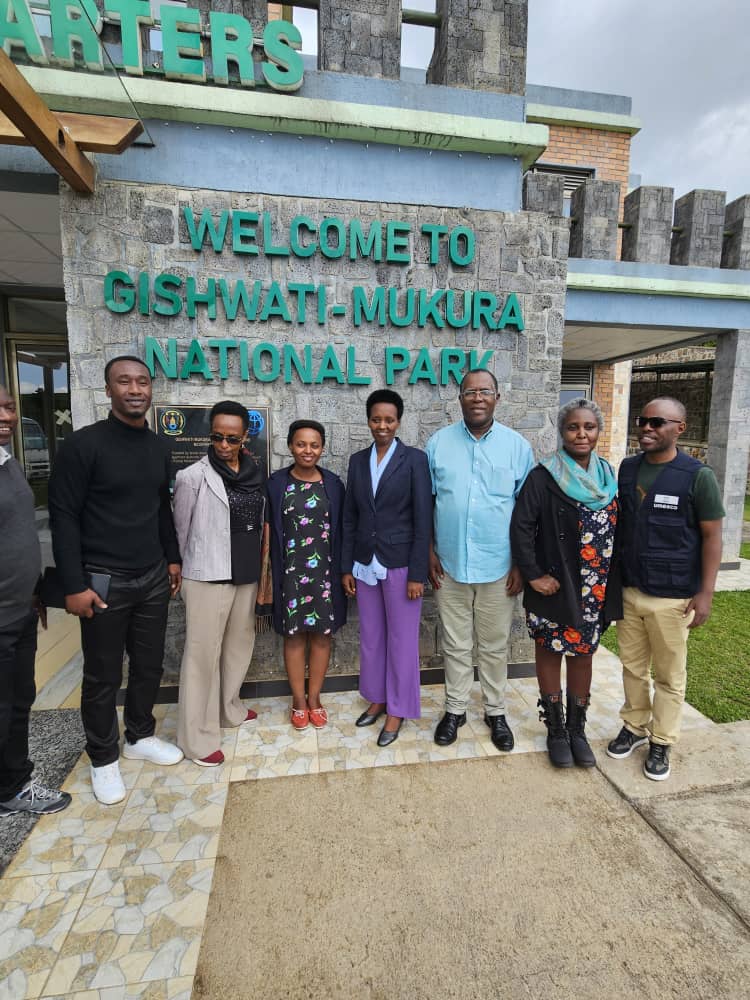
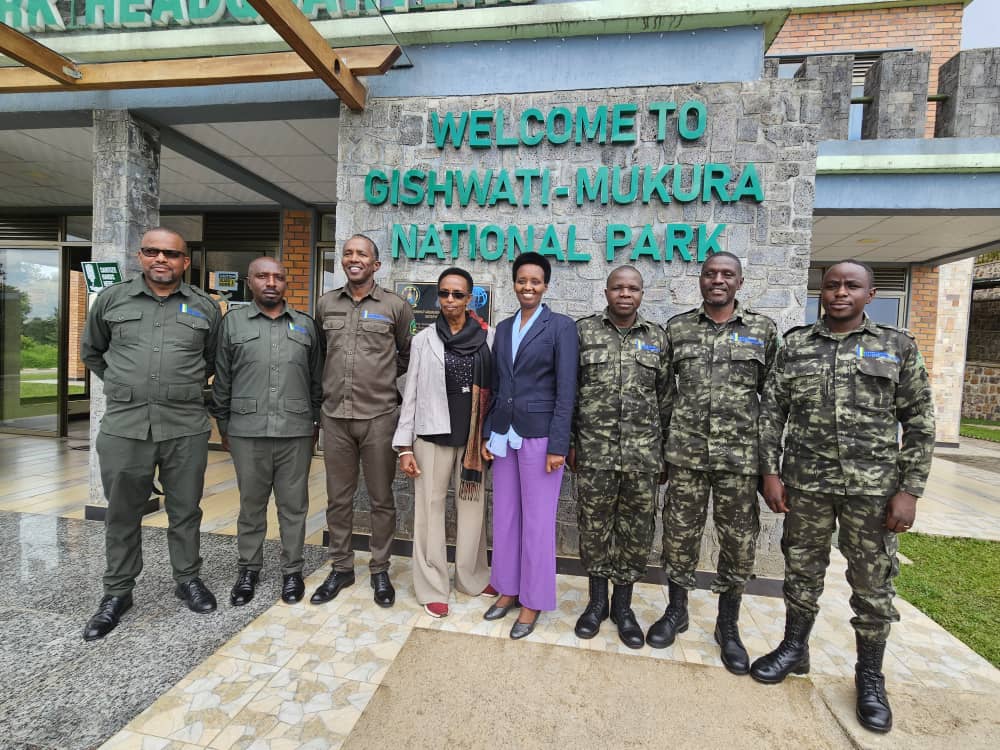
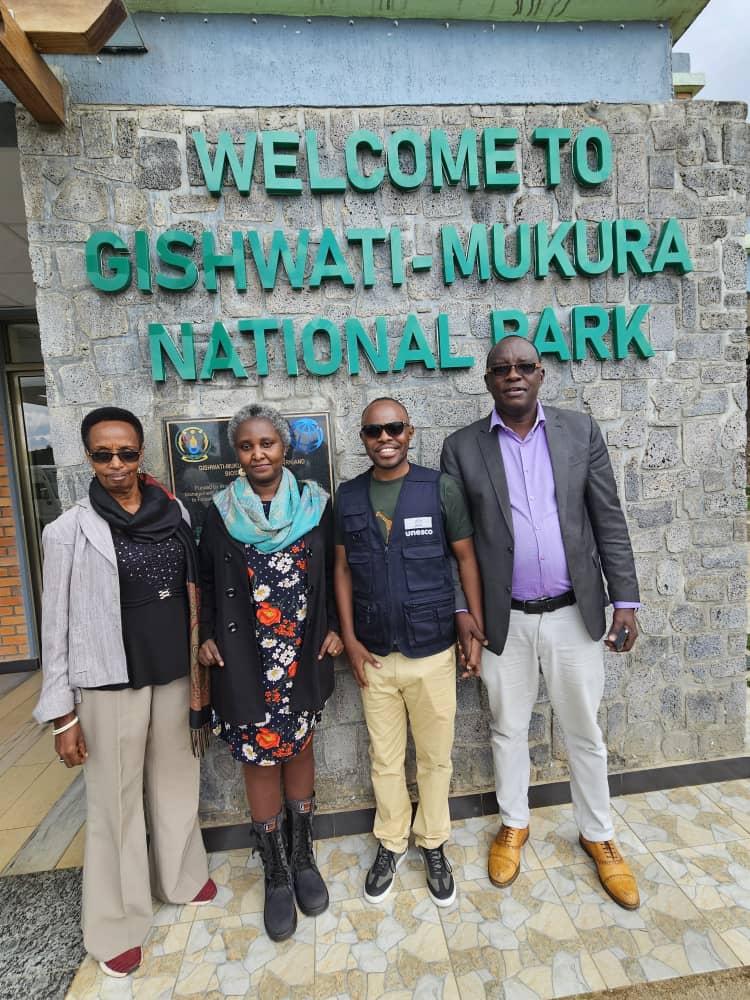
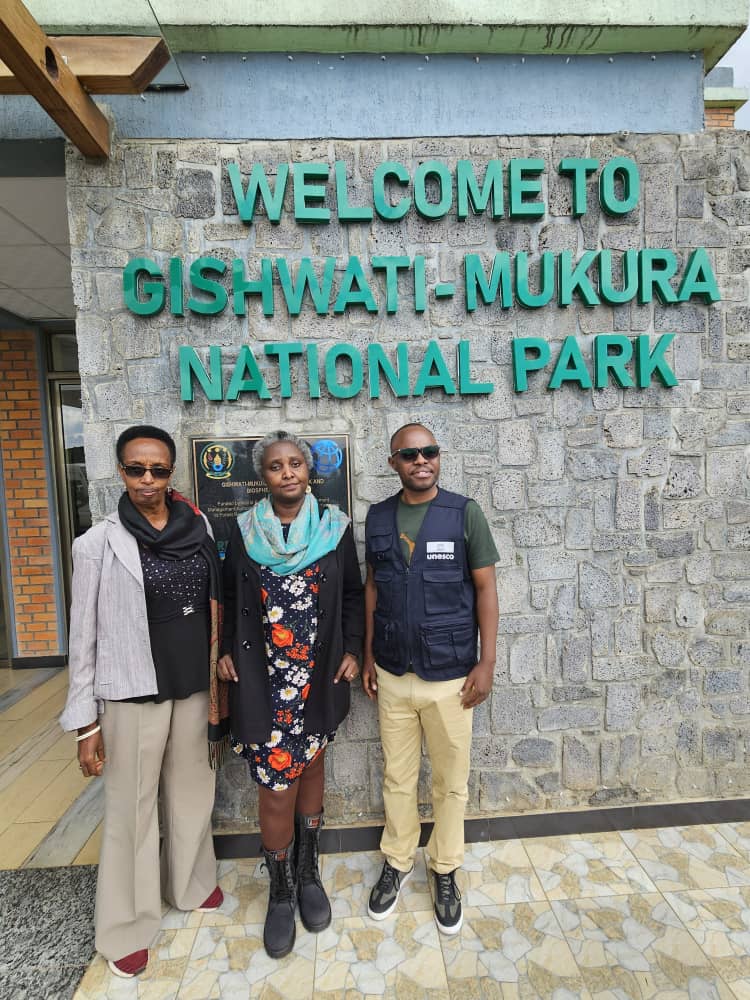
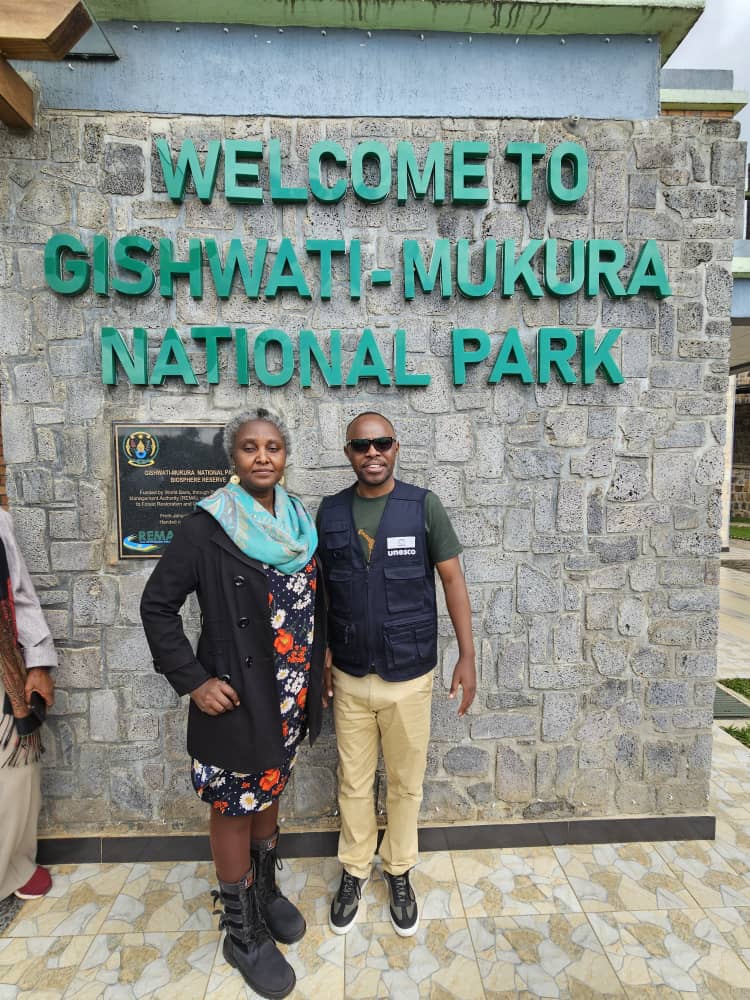
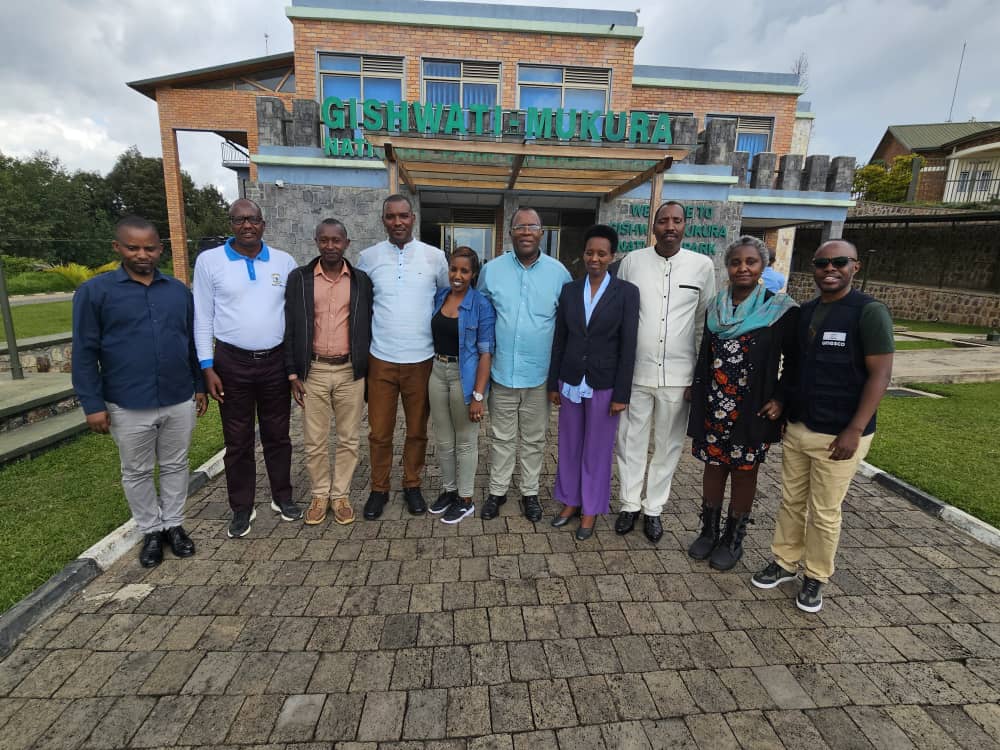
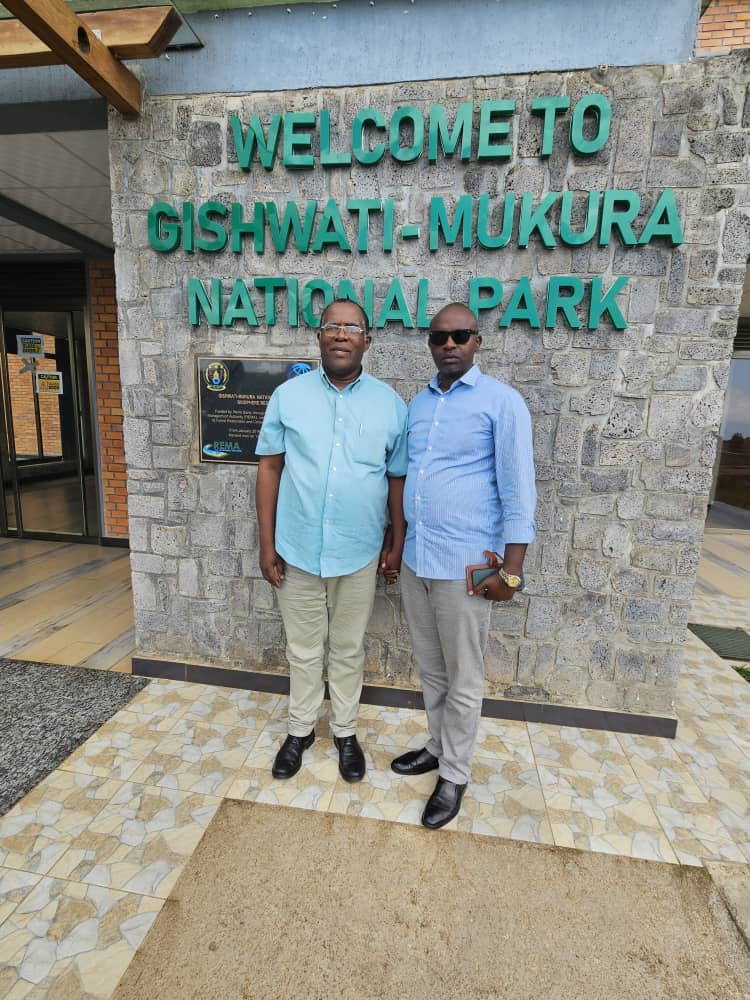
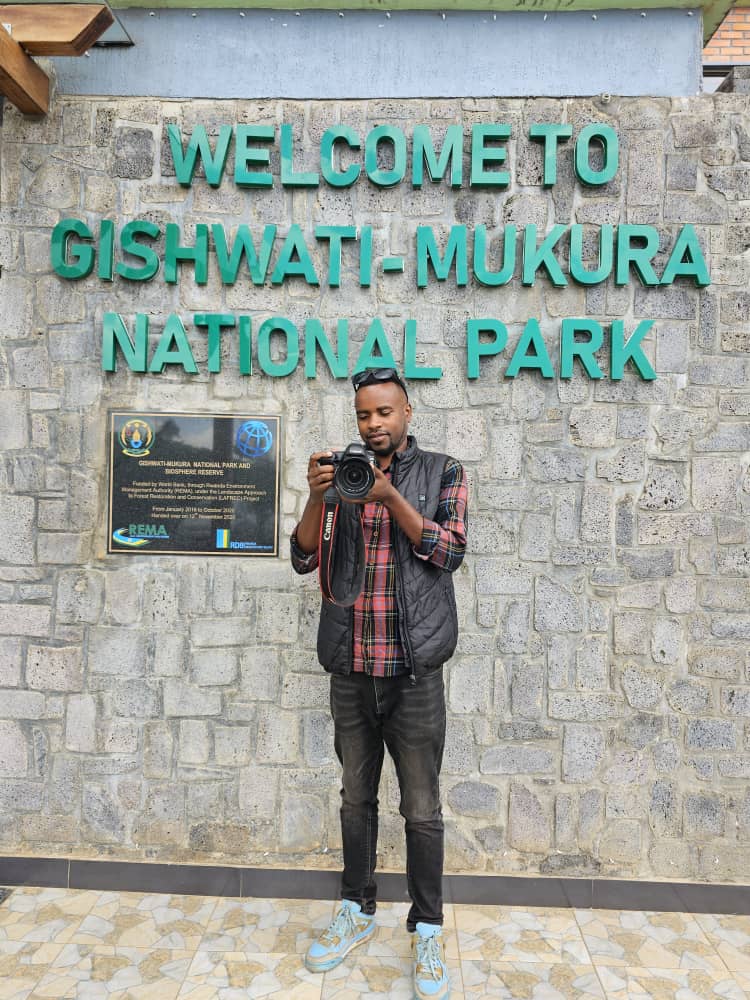
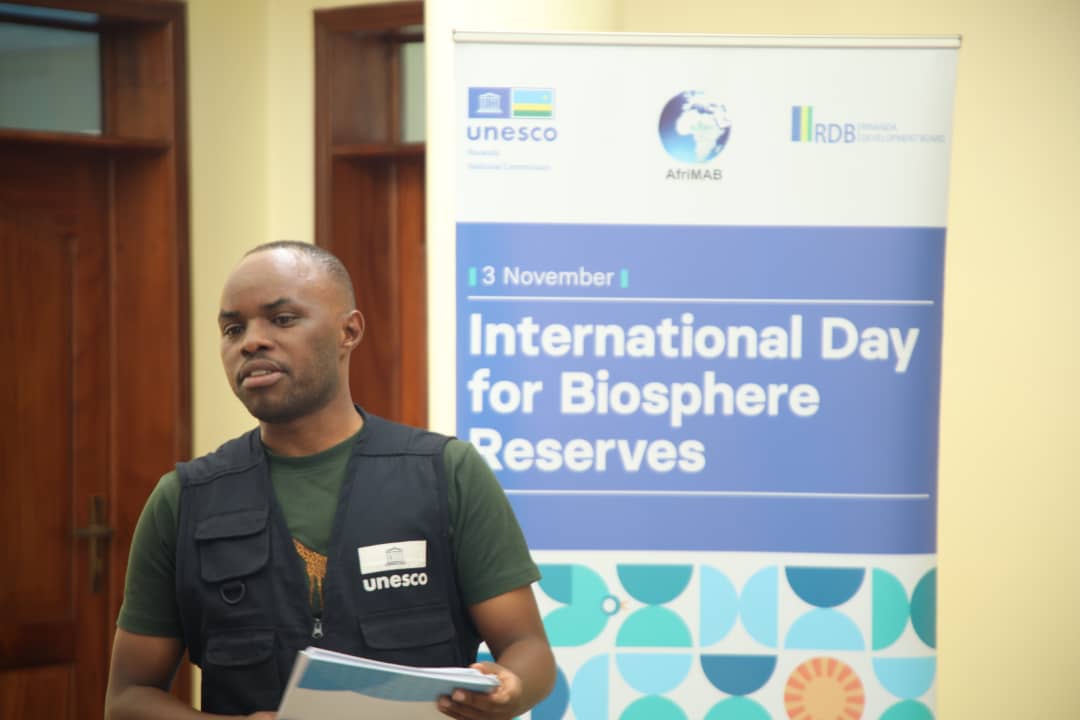
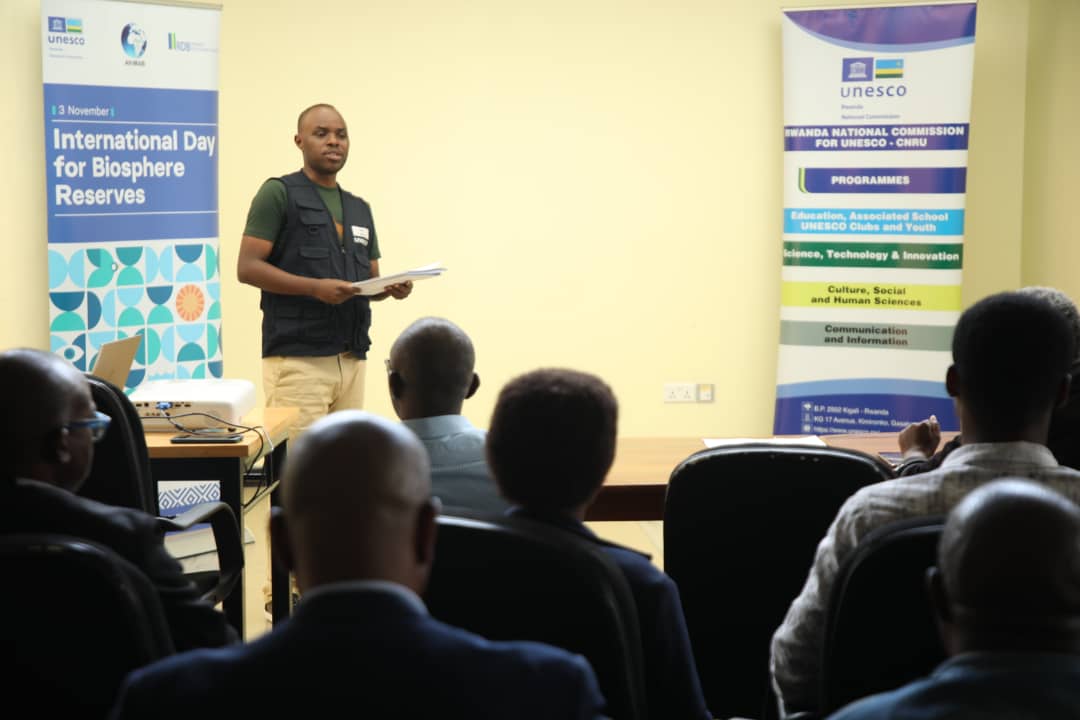
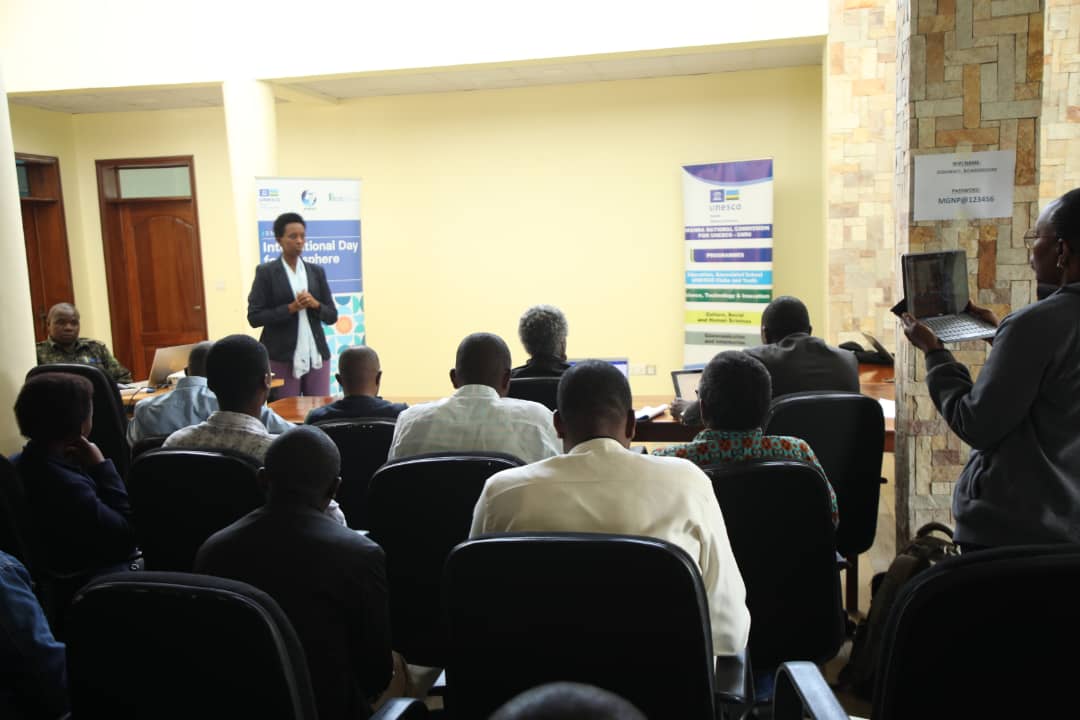
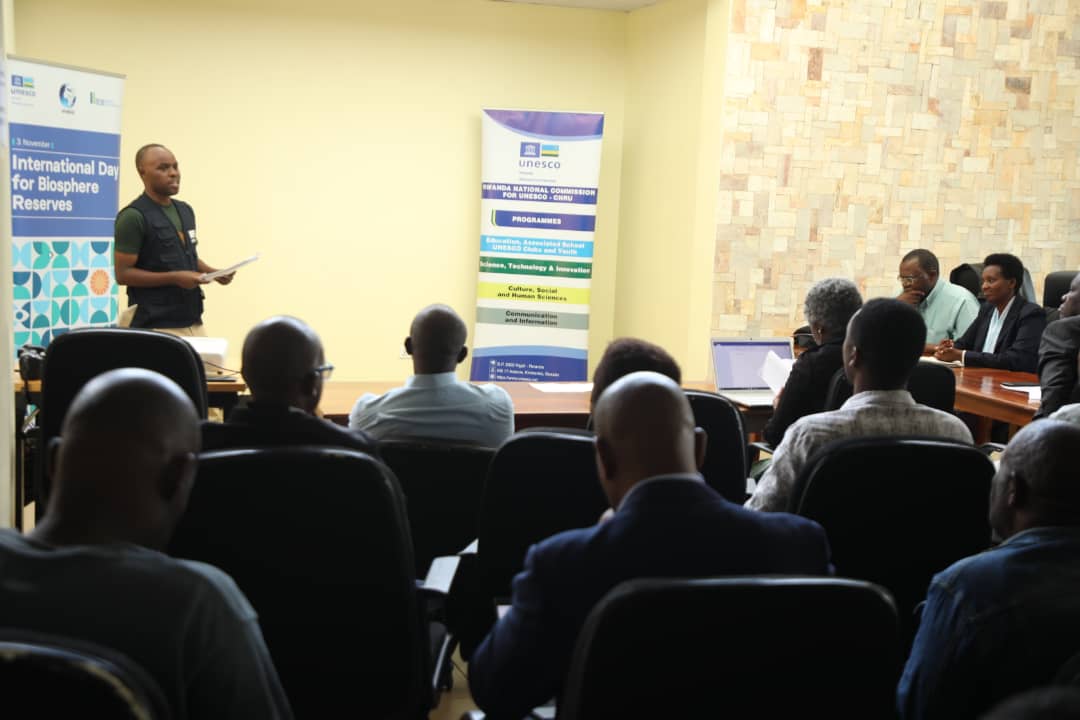
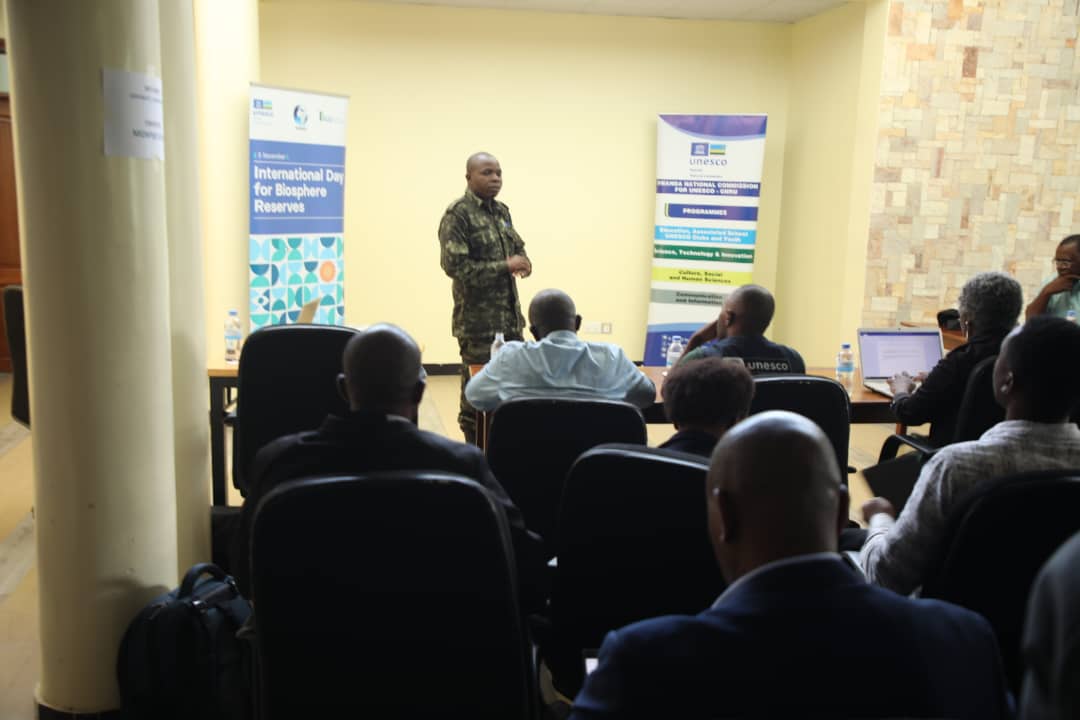
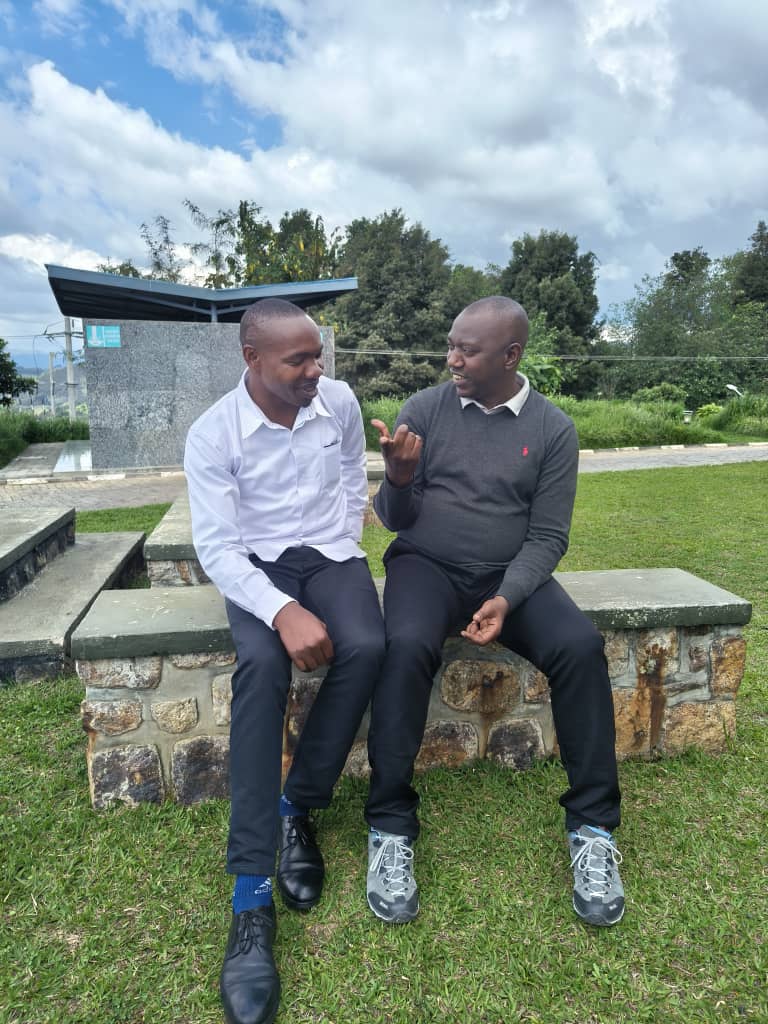
Related Articles
Strengthening Rwanda’s SMEs for Circular Food Systems: Embedding Circularity Beyond Project Implementation for Long-Term Transformation
As Rwanda advances its circular economy ambitions, small and medium-sized enterprises (SMEs)...
Powering Food, Restoring Land: How Renewable Energy and Regenerative Agriculture Are Transforming Rwanda’s Farms
Across Rwanda’s rolling hills, a quiet revolution is underway. It begins in...
Late February Weather Alert: Heavy and Above-Average Rainfall Forecast Across Rwanda
The Ministry in charge of Disaster Management (MINEMA) has issued a weather...
GBOX Launches AI Literacy Initiative to Support Rwanda’s Digital and Sustainable Development
A new Artificial Intelligence (AI) literacy program has been introduced last week...




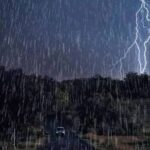
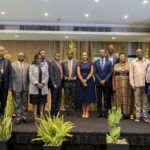
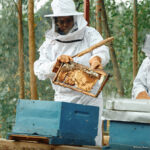


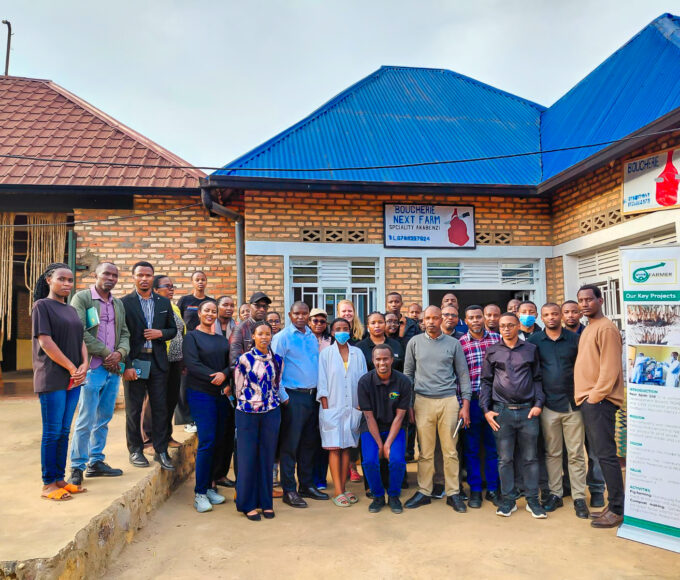

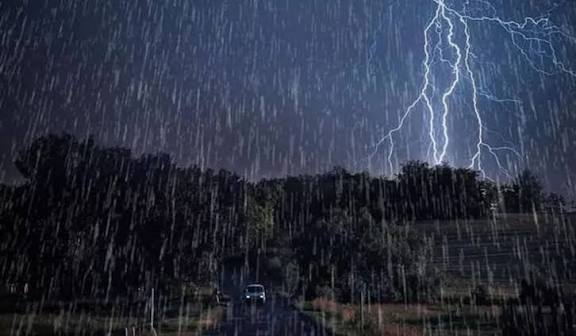
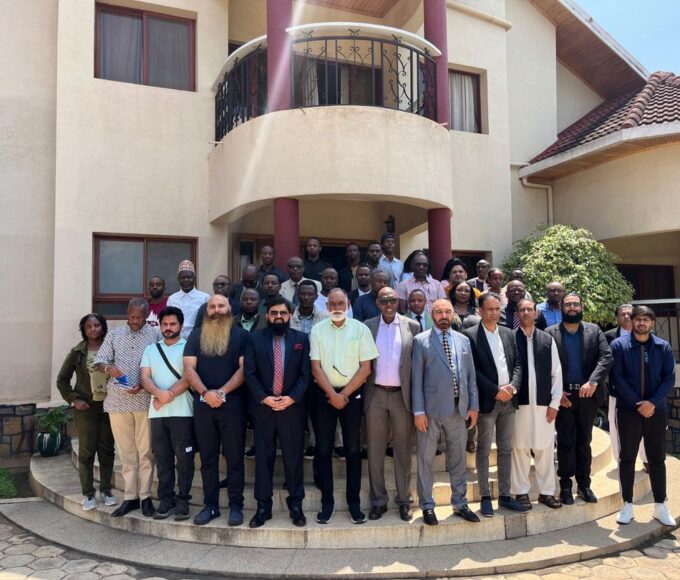
Leave a comment